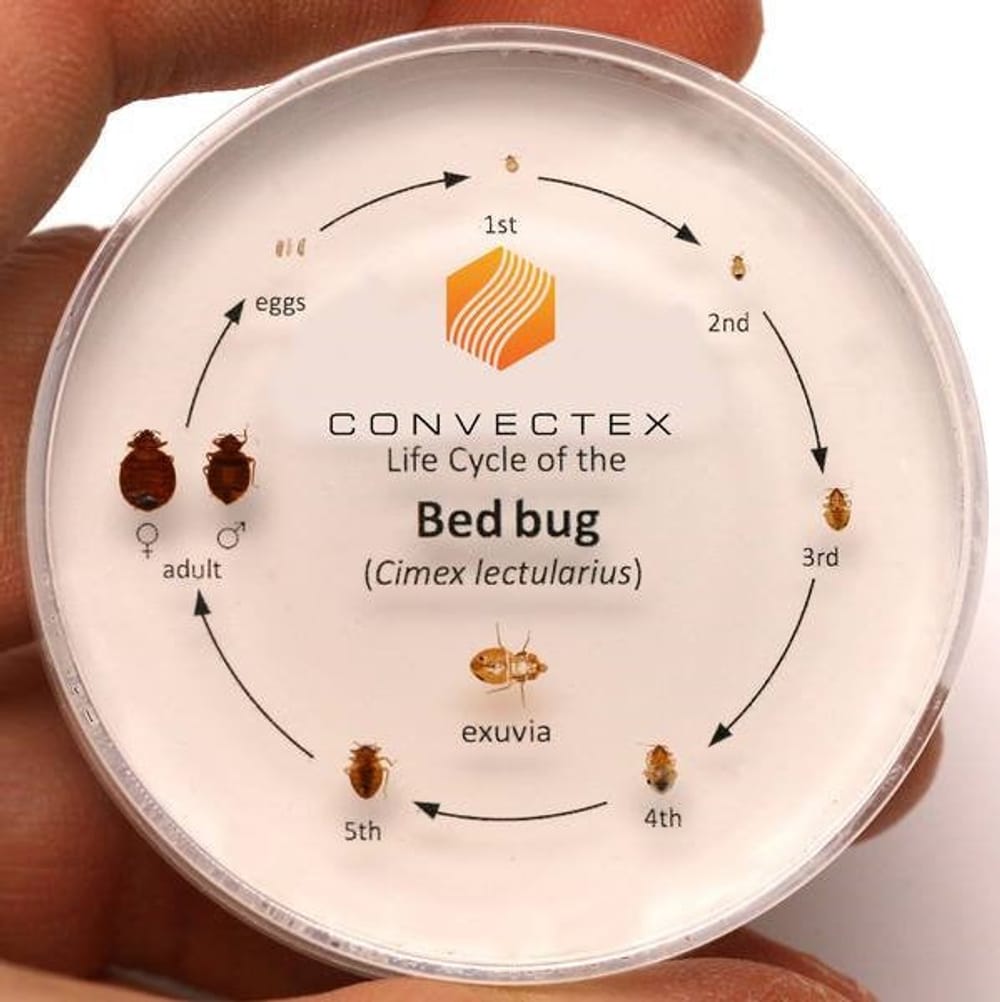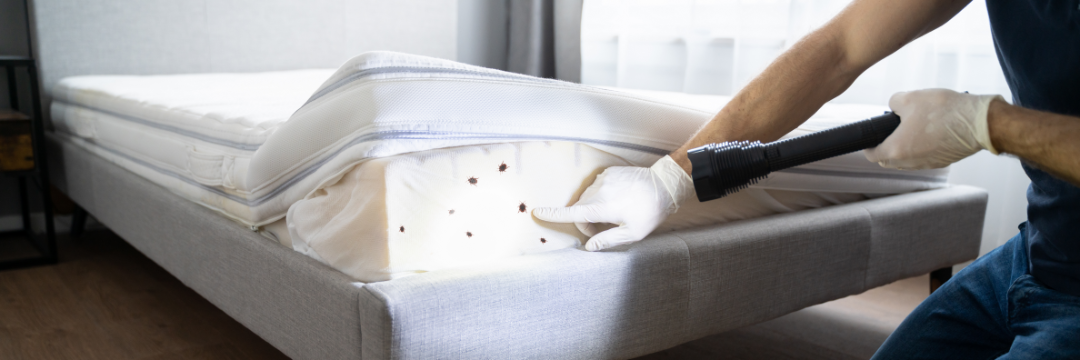Bed Bug Services Can Be Fun For Everyone
Table of ContentsThe Best Guide To Bed Bug ServicesThe 7-Minute Rule for Bed Bug ServicesFacts About Bed Bug Services RevealedThe Ultimate Guide To Bed Bug Services
A professional bed bug inspection is much more than a simple walkthrough and relies on expertise. Bed bugs are small, elusive, and adept at hiding that often dwell in small hiding places in furniture and walls. Because of their stealthy behavior, meticulous assessment is critical to determine the presence and extent of an infestation. Professional inspectors use a combination of tools, procedures, and knowledge to identify infestations early, reducing the risk of escalation.The first step in a proper inspection involves familiarizing oneself with the biology of bed bugs. Bed bugs belong to the Hemiptera group and undergo a life cycle that includes eggs, nymph stages, and adulthood. Adults are typically small, oval-shaped, reddish-brown, wingless, and equipped with long legs and antennae. Their mouthparts are designed to pierce skin and extract blood, producing skin irritation and visible marks. Knowing these traits enables detection of likely areas for bed bug activity.
Early detection is critical for effective management. Professionals look for specific indicators such as dark spots of fecal matter, molted skins, and eggs (Bed Bug Services). A single female can lay hundreds of eggs, potentially causing full-blown infestations. Evidence of shed exoskeletons or leftover eggs signals ongoing activity and requires prompt inspection
Preparing for an inspection demands meticulous preparation. Inspectors often advise removing items that block access, which improves access to furniture and baseboards. Bedding and linens may be cleaned thoroughly and sealed in plastic bags, and then secured until the inspection is complete. Wall decor, mirrors, and pictures are sometimes More Help moved to check hiding places. Vacuuming furniture and floors helps clean up stray insects, and vacuum bags should be emptied in a secure location.
The 3-Minute Rule for Bed Bug Services
The inspection itself is comprehensive and careful. Inspectors focus on sleeping areas like beds, headboards, and mattresses, looking closely at creases, joints, and folds. Upholstered furniture, including couches and chairs, is inspected thoroughly, including underneath and inside cushions. Baseboards, moldings, the edges of wall-to-wall carpeting, electrical outlets, closets, and storage areas receive detailed attention, as these can be frequent hiding places.
Specialized tools improve inspection effectiveness. Flashlights, magnifying lenses, multi-tools, and mirrors allow examination of tight spaces. Monitoring devices like interceptor traps or sticky pads aid in identifying infestation trends. Some companies bring in canine teams, which detect even small infestations, distinguishing them from non-active traces.

Meticulous documentation is essential. Inspectors maintain detailed notes of that site findings, areas affected, and next steps. This ensures accountability and facilitates discussion with residents. Residents are often asked to avoid disturbing potential infestation signs, as this prevents loss of critical information.
After inspection, a monitoring plan may be recommended to follow up on findings. Continuous monitoring detects reinfestation, and asking residents about bites and sightings helps pinpoint problem areas. Cooperation from residents supports the inspection process.
The Definitive Guide for Bed Bug Services

Professional inspections offer a higher level of accuracy than DIY attempts. Trained inspectors spot subtle signs overlooked by untrained eyes, prevent misdiagnosis, and give peace of mind.
Bed bug inspections are particularly important in places where infestations spread easily. Inspectors check neighboring rooms and shared spaces to identify potential spread (Bed Bug Services). This supports comprehensive control
In summary, a professional bed bug inspection involves understanding bed bug biology, preparing the space, conducting systematic inspections, using specialized tools, documenting findings, and implementing monitoring protocols. Each step contributes to accurate detection, effective treatment planning, and long-term prevention.
See This Report on Bed Bug Services
